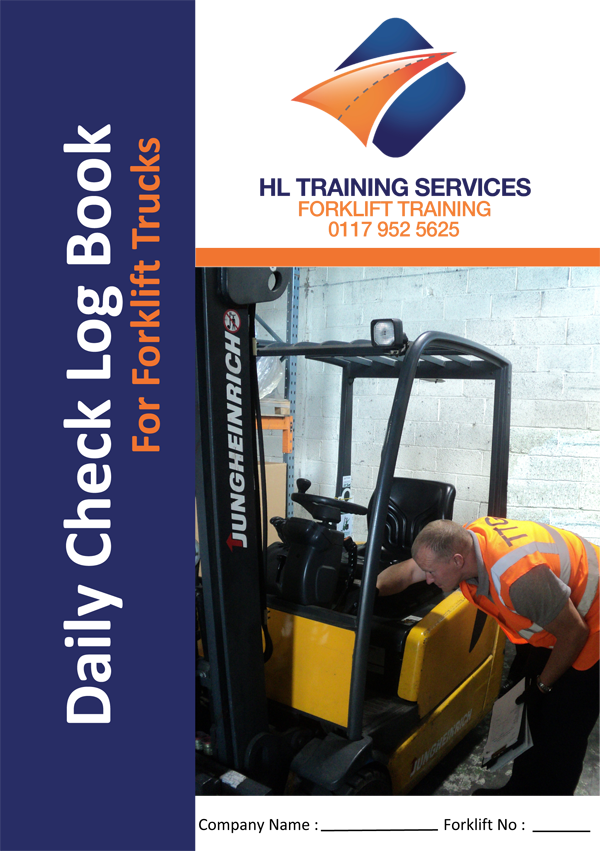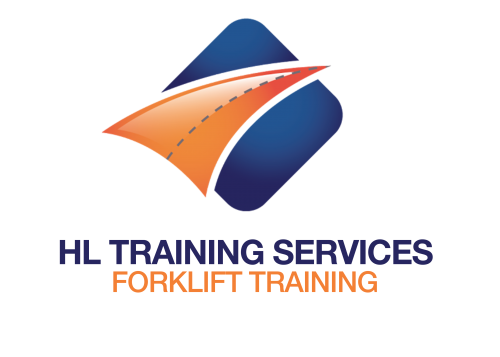COVID-19 Lift Truck Training : HL Training Statement
After a lengthy wait from our accrediting bodies, two worked together to get the answers required within the Lift Truck Training Industry. Adam Smith of AITT, and Nick Welch of RTITB put their heads together and managed to get a response from the HSE regarding advice for training within the current COVID-19 epidemic.
Firstly, we would like to thank them for their time and effort in getting this statement, and their own comments. Additionally, we would like to outline what has been discussed, and what the statement means for Lift Truck Training in the UK currently.
Please see the statement in FULL, by clicking here.
***IMPORTANT NOTE*** All below quoted elements are from the document linked above.
Existing Trained Staff
As training certificate do NOT have an expiry date, “it may be reasonable and practicable to extend
the validity of current certificates by up to 3 months.”
If you do so “they should be able to demonstrate that they are meeting their legal duty to monitor and supervise lift truck drivers to ensuire that they continue to operate safely.”
Training of new staff
It may be required within businesses where existing workers roles have changed, or new workers have been employed to keep up with demand “the duty remains to ensure that staff are trained and competent to operate any industrial lift
truck equipment, and this includes driver training and the employer must be able to demonstrate
that the driver is trained and competent.”
On that basis, as long as training providers which “activities are critical to supporting key workers” and activities are adjusted to “follow Public Health England’s advice regarding good hygiene practices and separation distances,
and if relevant accommodate any site-specific rules to manage the risk of COVID-19 infection” – then training can proceed
Below we have the comments from the two influencers in getting a response, along with Vince J Hueston one of our Directors. Taking the above into account, if you are within a key industry and have training requirements that HL Training Services can assist with, please contact us on 0117 9255625 or email [email protected]
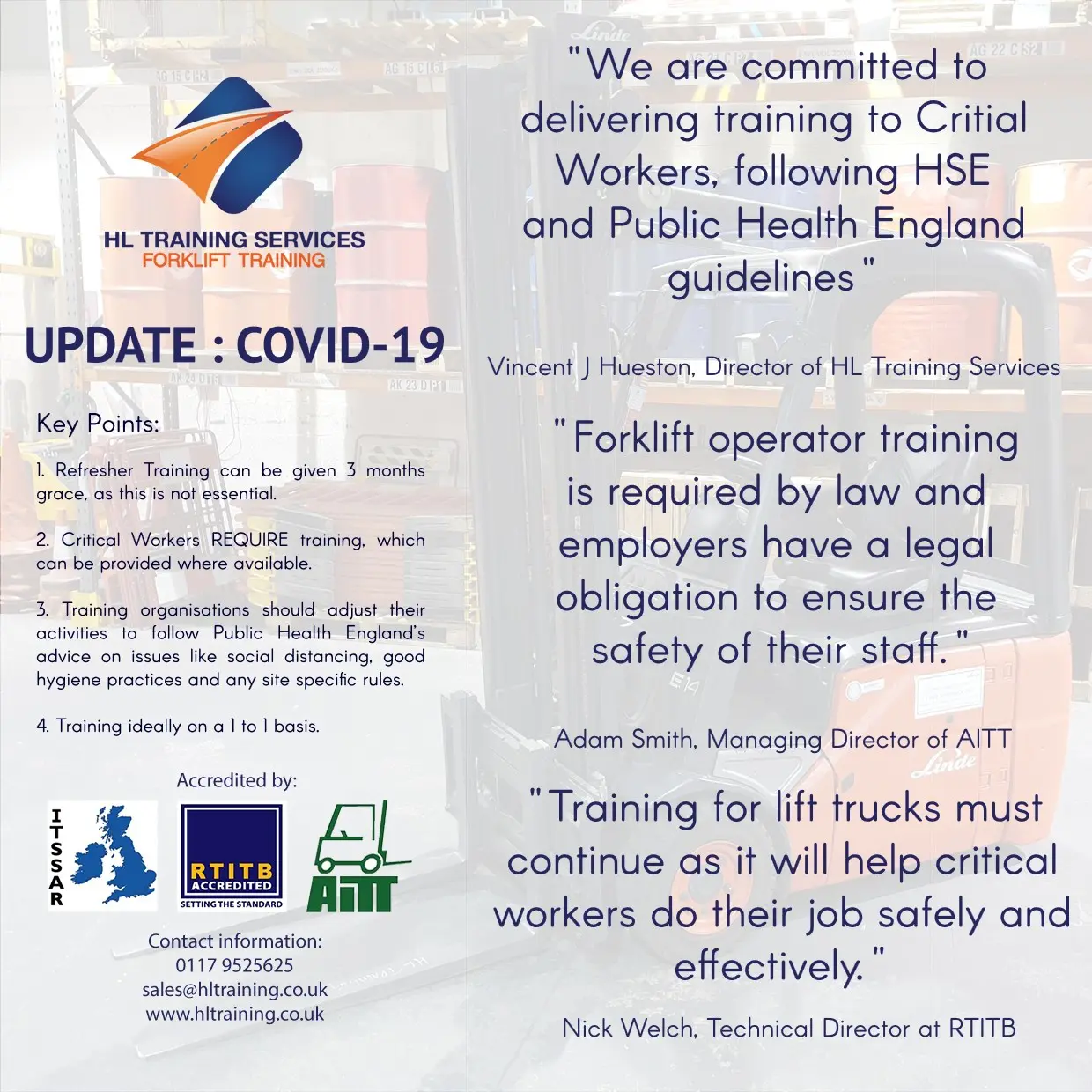
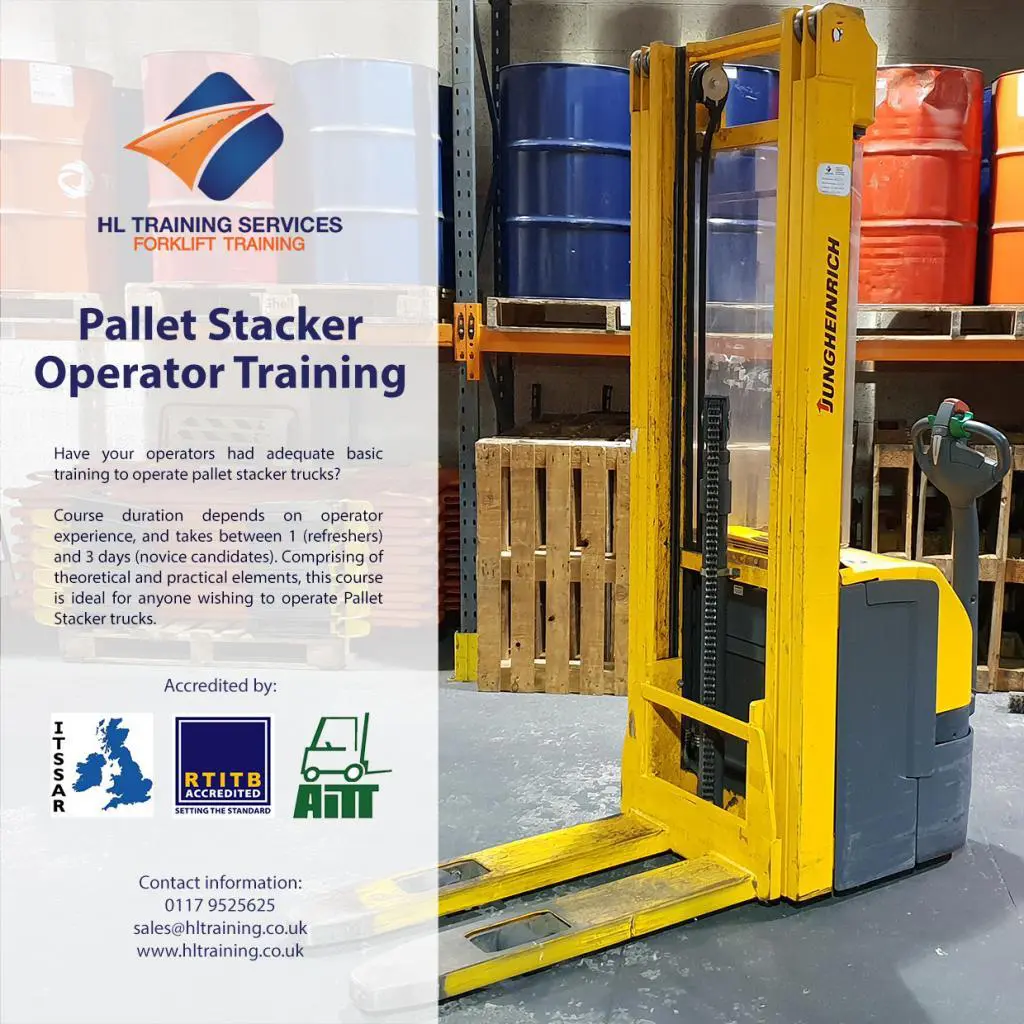
“Forklift operator training is required by law and employers have a legal obligation to ensure the safety of their staff. During this time, those who supply essential items such as food and medical resources are classed as critical workers, so it is extremely important that they receive appropriate training on the equipment they are required to use. “
Adam Smith, Managing Director of AITT
“Training for lift trucks must continue as it will help critical workers do their job safely and effectively.”
“Ideally training should be on a one-to-one basis, in line with government instructions to limit gatherings to no more than two people. Instructors and trainees should also keep two metres apart and follow all Public Health England guidance.”
Nick Welch, Technical Director at RTITB
“We are committed to delivering training to Critical Workers following HSE and Public Health England guidelines
For any companies who fit the criteria outlined by the HSE, we are here to help and have Instructors available by accredited by either AITT, RTITB or ITSSAR”
Vince J Hueston, Director at HL Training Services

